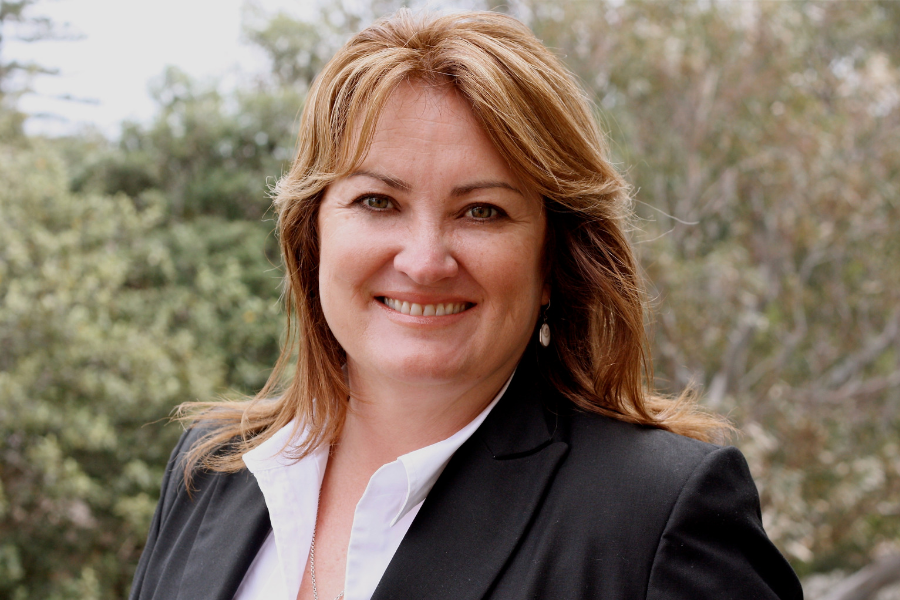Medical tourism – travelling abroad for a medical procedure – is a booming industry, worth an estimated $100 billion and growing at around 20 to 30 percent per year.
Founded by Lindy Andrews, with Bruce Wang on board as a partner and director, Australian startup Meditrav is looking to capitalise on this growth and develop the medical tourism market in Australia, with an initial focus on attracting Chinese patients.
The size of the market could be significant: estimates from a 2011 Deloitte report suggest that, between 2005 and 2010, the average medical visitor spent about 14 nights in Australia, spending $3,973 on airfares, accommodation, and other activities, including medical treatment and care.
The idea came to Andrews after an Australian private health insurer launched a program in 2014 offering their Australia-based members the option to travel overseas for medical, cosmetic, and dental treatments.
She travelled around Asia to understand the inbound market in countries such as Singapore, Malaysia, and Thailand before coming back to Australia to research the local medical landscape.
“I discovered that in fact, Australia has more doctors graduating than ever before – three times more than eight years ago. We know our private hospitals have hundreds more beds than Australians can use and with all that, discovered there is an Australian medical export market just waiting to be tapped,” Andrews explained.
“This can also only help Australia invest in its own health system, ultimately providing greater access for Australians.”
Researching further, Andrews said she established that the Chinese market, with an ageing population placing strain on the healthcare system, had the greatest need and want for international medical skills.
“The growing high and middle class now have a choice, and have been travelling regionally in Asia but also further afield to the North America and Europe for wellness programs and complex cases such as cardiology and oncology treatment,” Andrews explained.
Furthering the business case, Australia is seen as an attractive place in China, with a solid reputation for being a clean, healthy country.
“Mandarin is the second most spoken language [in Australia], so we have many native speaking doctors, as well as interpreters and social and family networks,” Andrews added.
The two hour time difference between mainland China and Australia is also attractive, as are the direct flights to Australia from more than a dozen Chinese cities on several different airlines.
Rather than the patient, Meditrav has launched with an initial business-to-business focus: it has partnered with 15 ‘medical facilitator’ partners across Beijing, Shanghai, and Shenzhen.
“Cross-border health in its current state is new, so we work very closely with our China-based agencies to ensure we develop this market together. They are well connected and getting new enquiries weekly; we have developed the platform to fulfill their needs,” Andrews said.
Meditrav was helped along in finding and developing contacts in China by the Australia China SME Association.
“I have been working in the global tourism business environment for over 20 years and have relied heavily on local contacts in every country to ensure a seamless integration or activation,” she said.
“To assume one can just walk into a country, especially China and, expect them to pay attention is naïve at best so it is vital you find the right partners from the outset, put them through their paces and if you’re as confident as you can be, trust the partnership and enjoy the journey. “
These Chinese agencies attract clients and in turn provide Meditrav with detailed patient briefs, with Meditrav’s case management team then reviewing a brief and providing a handful of recommendations for doctors or specialists.
The patient will then choose their preferred provider, and their case manager will facilitate the consultation and all other arrangements for the procedure. Meanwhile, Meditrav’s concierge team will organise travel and accommodation arrangements.
“It is a completely bespoke service; some clients will stay with family who will take them to and attend consultations with them, but we have those that require the full service option. It can be anything from providing 24/7 nursing assistance right down to buying their groceries for them,” Andrews explained.
Meditrav has faced “many, many challenges”, Andrews admitted, though they weren’t challenges she had expected: developing partnerships in China was a lengthy process but a relatively easy one, she said; getting support from the medical community in Australia has been a different story.
“There has been a stream of extremely supportive and innovative medical professionals but there has also been some resistance from other areas,” she said.
“North America, Germany, Turkey, Japan and other Asian nations have been marketing their medical facilities and expertise for years and are reaping the benefits now. This significant injection of revenues into their respective healthcare systems is an investment into their own communities. It is similar to the education export stream.”
With the development of Meditrav so far funded by Andrews and Wang and a handful of angel investors, the startup will soon be kicking off a fundraise with a view to launch a business-to-consumer (B2C) product next year aimed at a global market.
Currently in development, the product will put online what Meditrav has been doing manually: patients will be able to research and book treatments with physicians online themselves, conduct telehealth consultations, and share information securely.
Andrews said, “Our vision is to continue to develop the program, our partners, and healthcare providers so we are introducing our clients to the best.”
Image: Lindy Andrews. Source: Supplied.




















Trending
Daily startup news and insights, delivered to your inbox.